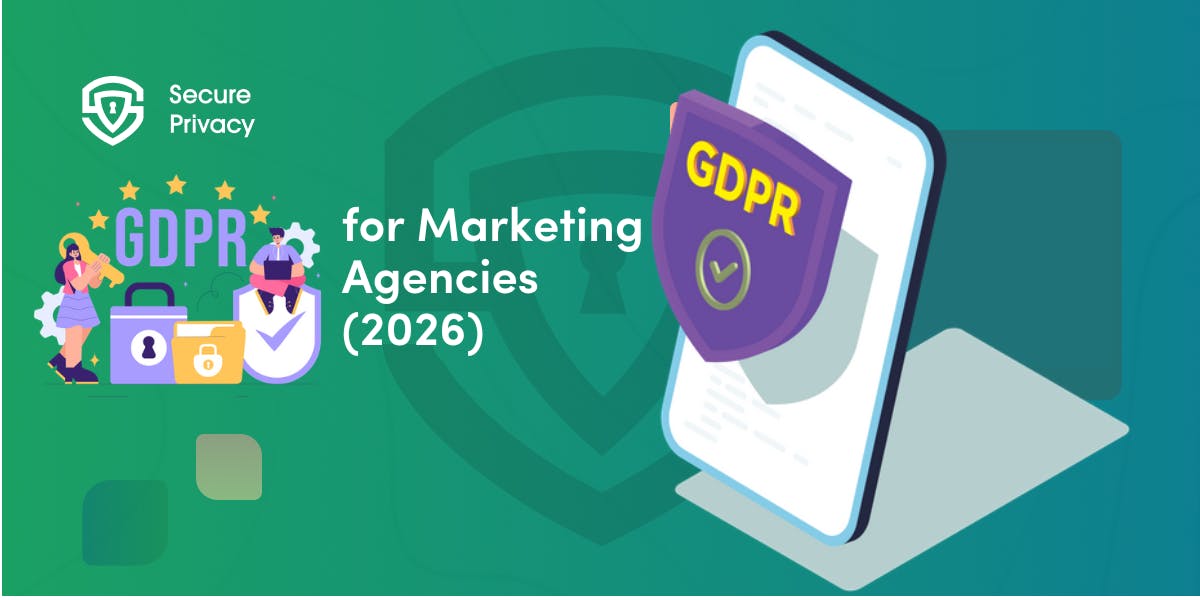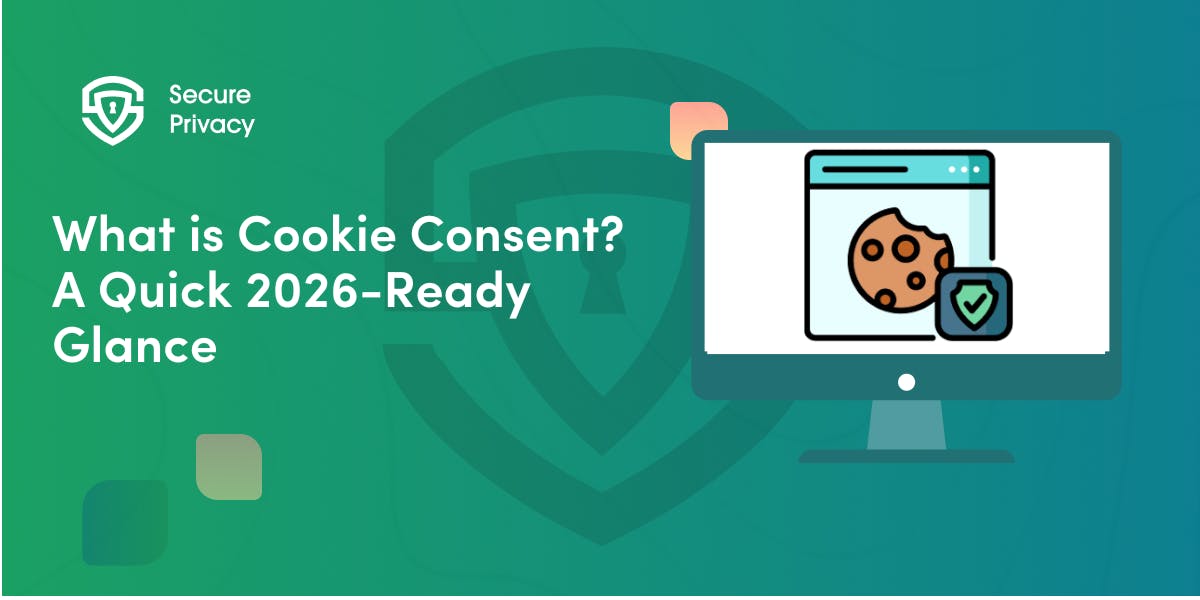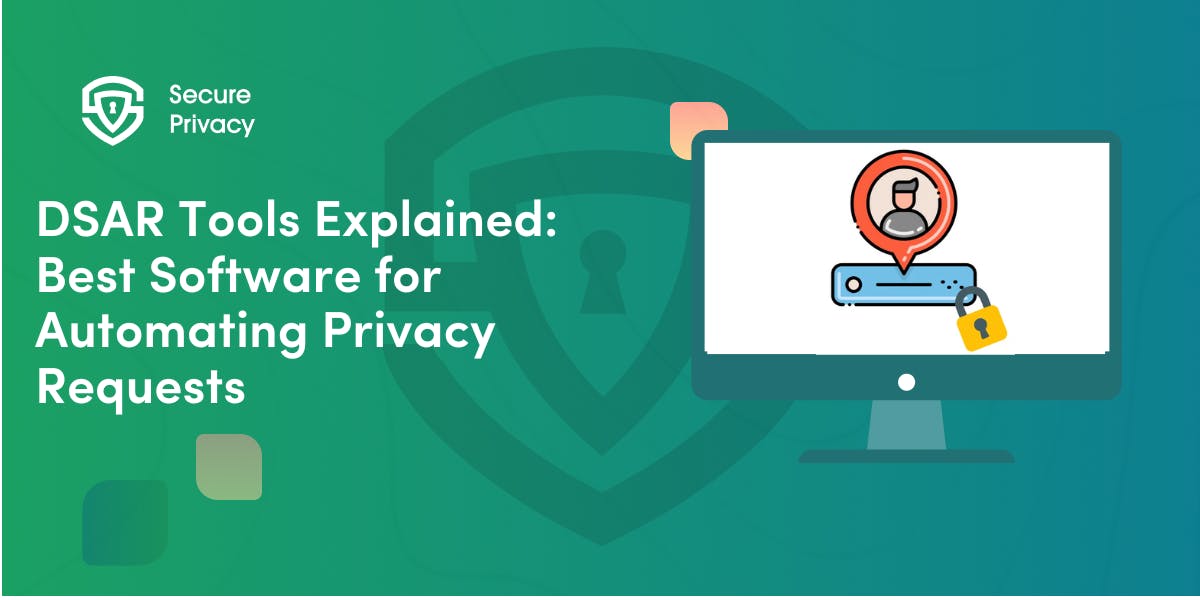CCPA: A Summary of Key Consumer Rights
The California Consumer Privacy Act (CCPA) was adopted in 2018. Scheduled to go into effect from January 1, 2020, this regulation introduces new privacy privileges for California’s 40 million residents.
What are the Consumer Rights under the CCPA?
This legislation guarantees California residents five key rights in relation to their personal data.
The Right to Know
The CCPA requires businesses to make consumers aware of the information they collect about them. For this reason, companies must outline the kinds of information being collected and the purpose for which this data is gathered in their privacy policies.
The Right to Access
Under the CCPA, businesses are obligated to provide a mechanism through which the consumer can access and review the personal information collected about them.
The Right to Deletion
The CCPA’s deletion privilege is focused on allowing consumers to request the deletion of the information collected about them and stored by a business.
The Right to Opt-out
Consumers have the right - at any time - to command a company that sells personal information about them to third-parties to stope this sale under the CCPA. If a consumer is a minor, this regulation provides for the right to opt-in to the sale of data, which is exercised by minors aged between 13 and 16 years old or a guardian for minors under the age of 13 years.
The Right to Opt-In
After opting-out, consumers may choose to opt-in for the sale of their personal information again. This may happen due to the provision of certain products or services or for financial incentives in return for their data.
The Right to Equal Services and Prices
Under the CCPA, businesses are prohibited from discriminating against consumers by denial of goods or amenities, charging a different price or rate for goods or service, offering a different level or quality of goods or services, or implying that they will do any of these things as a result of a consumer’s exercise of any CCPA rights.
Learn more about CCPA using our detailed summary and find out how you can make your company and website CCPA compliant.
Once you have a clear picture of what you need to do to comply with CCPA, book a call today and get a personalized demo of our complete solution for free.

GDPR Compliance Guide for Marketing Agencies (2026)
Marketing agencies operate in a legal grey zone that's rapidly disappearing. You manage client data across dozens of platforms. Your team sets targeting criteria for ad campaigns. You access CRMs, analytics tools, and email systems containing personal data from thousands of end users. Each action creates potential GDPR liability.
- Legal & News
- Data Protection

What is Cookie Consent? A Quick 2026-Ready Glance
Your website loads. Cookies track users. But without proper cookie consent, you're violating GDPR — risking fines up to €20 million or 4% of global revenue. Cookie consent is the legally required mechanism by which websites obtain explicit user approval before deploying non-essential tracking technologies. This requirement stems from GDPR Article 4(11) and the ePrivacy Directive, mandating that consent must be freely given, specific, informed, and unambiguous.
- Legal & News

DSAR Tools Explained: Best Software for Automating Privacy Requests
You're drowning in data subject access requests. Manual searches through dozens of systems miss regulatory deadlines and expose organizations to fines starting at $2,500 per violation. The solution? DSAR tools — purpose-built software that automates the entire process of responding to data subject access requests, from intake to delivery.
- Legal & News
